'I've Played The Game For Over 30 Years, So Why Don't I Feel Like A Proper Golfer'
Women's Editor Alison Root explains why she questions whether or not she's a proper golfer
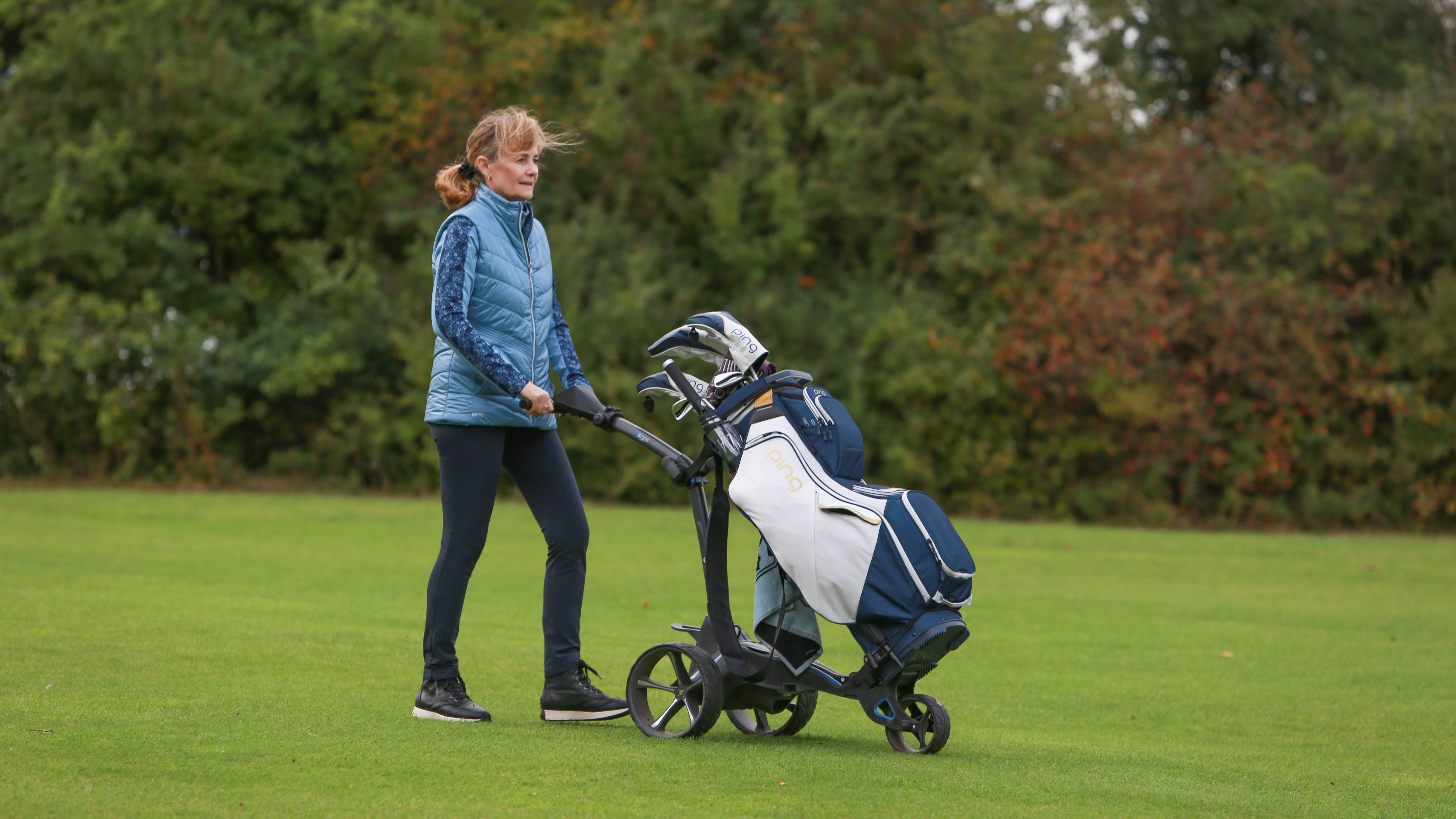
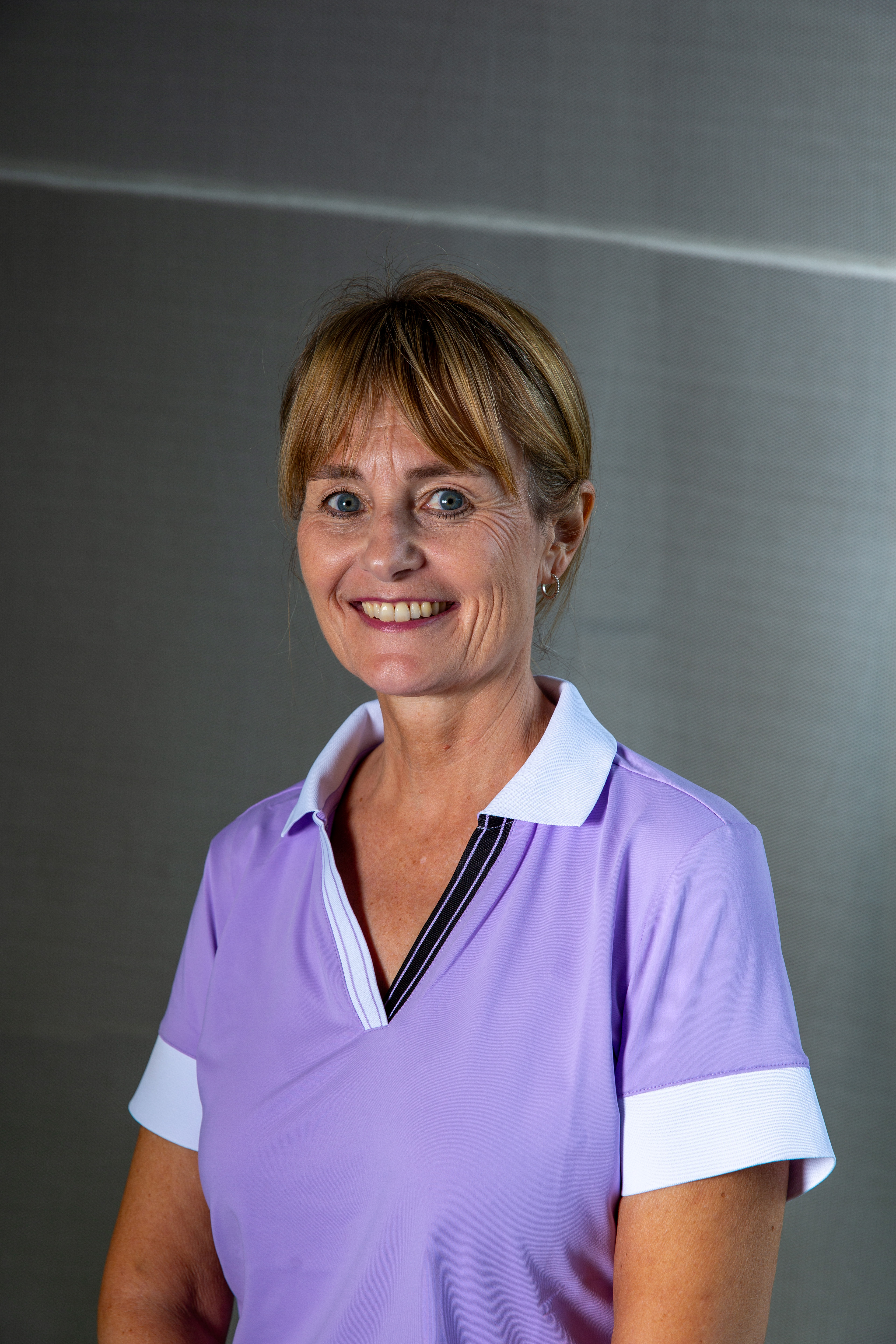
Am I a golfer? Absolutely. But do I regard myself as a proper golfer? I've wrestled with this question occasionally since leaving West Essex Golf Club a few years ago, which led to my handicap lapsing. Technically, I’m still a member under the PlayMoreGolf scheme, which allows me to use credits for play, but it’s not quite the same.
I gave up my membership because I couldn't justify the cost, given how infrequently I was playing. So far, not having an official handicap hasn’t been a problem for me. When playing in friendly competitions, I’ve granted myself a few extra shots, realising my handicap isn’t what it used to be. I should be more lenient with myself, but I have no desire to be tagged as a trophy hunter or a bandit if I have a magical round.
The problem I do have is that when people ask about my handicap, I don't feel at ease sharing an unofficial number, especially when they request the exact index. I tend to mumble in response because I feel the need to explain myself, and I find it almost embarrassing to admit that I'm not a member of a golf club.
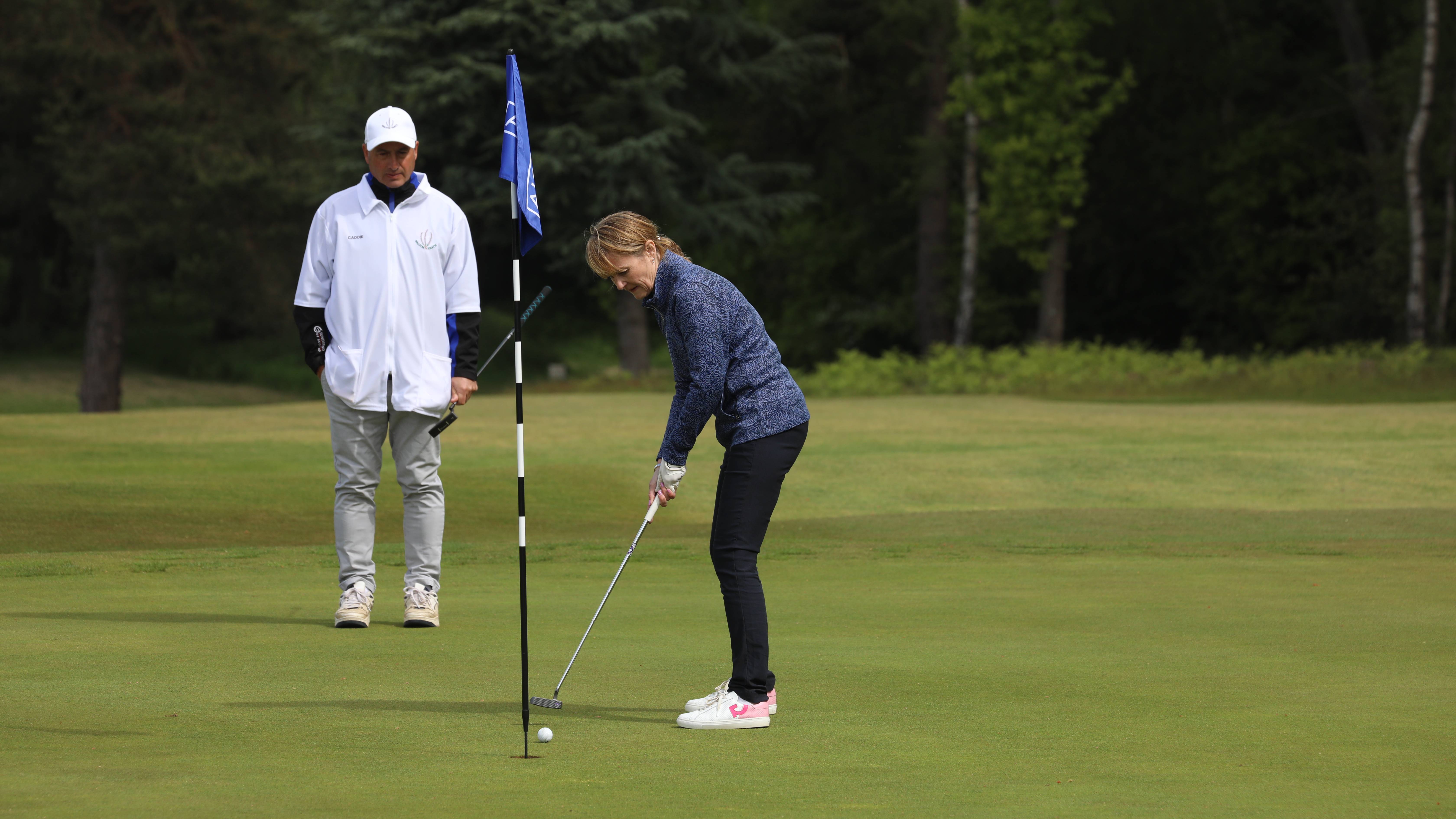
I believe this is because my path into golf followed what was considered a traditional route back then. It was expected: learn the basics of the game, join a golf club, submit scorecards, earn a handicap, enter weekly competitions, make yourself available for the four major ladies’ days each year, and become fully integrated into the section.
That was the norm, and I suppose, depending on the type of club, there's also always been an element of snootiness associated with being a golf club member; it's a sort of status symbol. This has been one of the barriers to entry, and the industry is working tirelessly to break down the perception of elitism and promote inclusivity in the game.
It could be that subconsciously, I worry that others might see me as less committed to the game, thinking I don't take it seriously anymore because I'm no longer part of the golf club scene. But, all of this shouldn't really matter these days.
The golf landscape has evolved considerably beyond its traditional format to cater to individual preferences, and in this regard, the discoveries from the PGA’s research, 'Golf For All,' which aimed to challenge perceptions of the game and explore how people engage with golf, make for an interesting read.
Get the Golf Monthly Newsletter
Subscribe to the Golf Monthly newsletter to stay up to date with all the latest tour news, equipment news, reviews, head-to-heads and buyer’s guides from our team of experienced experts.
The PGA partnered with market research company Ipsos to conduct surveys, both offline and online. The findings uncovered that out of the 22.4 million adults in GB&I who engage with golf, only 4.9 million actually play on a course, which is surprising.
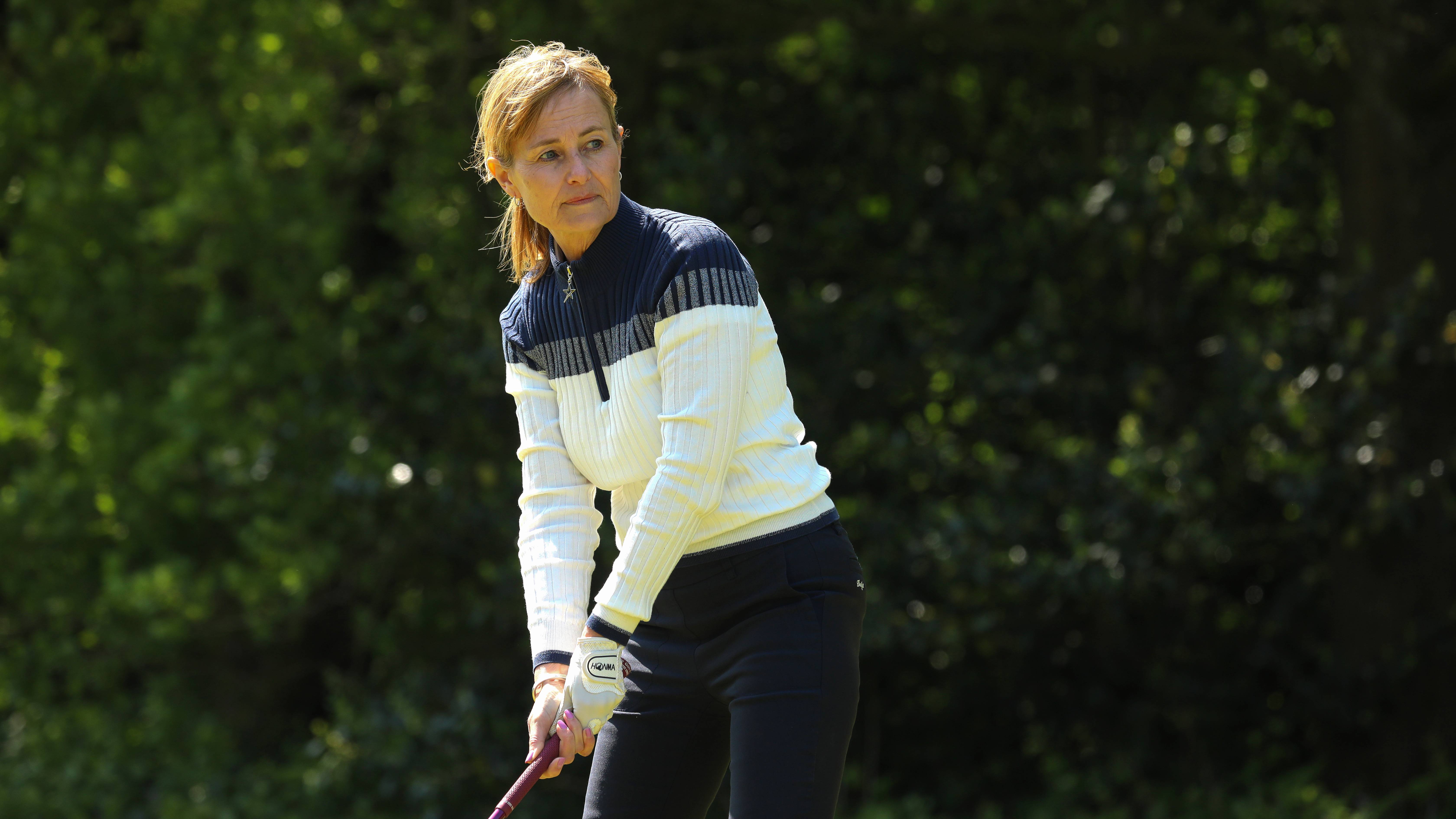
Out of the total number of adults who engage with golf, 16.3 million participate in various forms, including at driving ranges, pitch & putt, adventure golf, and simulator venues. What stood out to me about this statistic is that, when excluding full/short course golf, 'a golfer' is almost equally likely to be female as male (47% vs. 53%).
These findings emphasise the opportunity for golf to engage wider audiences across various forms of golf, particularly women. We’ve been beating the drum for many years, questioning how to generate more interest from women and girls in golf, and these diverse formats are clearly helping to achieve that goal, and that’s fantastic.
Now the golf industry as a whole needs to embrace off-course golfers and encourage them to identify themselves as golfers. According to the survey results from off-course golfers, 70% do not consider themselves as golfers. I must fall into the 30% category of golfers who believe that becoming a member of a golf club would make them feel like a true golfer.
There's room for golfers of all kinds. It might be a challenge for many golf traditionalists to see someone who often plays pitch & putt as a 'real' golfer, but there are good reasons to embrace them. For instance, many ladies' sections across the country still face membership challenges, but now we have evidence that there’s a significant number of women who may eventually be interested in experiencing all that a golf club membership can offer. Some may choose not to, and that's ok too, but at least the spectrum has broadened to potentially attract women to a traditional golfing path.
As for me, I know that I am a golfer, and I’m reconsidering re-joining West Essex Golf Club because I miss it, and that’s not just my handicap!
Alison Root has over 25 years experience working in media and events, predominantly dedicated to golf, in particular the women’s game. Until 2020, for over a decade Alison edited Women & Golf magazine and website, and is now the full-time Women's Editor for Golf Monthly. Alison is a respected and leading voice in the women's game, overseeing content that communicates to active golfers from grassroots through to the professional scene, and developing collaborative relationships to widen Golf Monthly's female audience across all platforms to elevate women's golf to a new level. She is a 16-handicap golfer (should be better) and despite having had the fantastic opportunity to play some of the best golf courses around the world, Kingsbarns in Scotland is her favourite.
-
 Volvo China Open 2025 Picks, Odds And Predictions
Volvo China Open 2025 Picks, Odds And PredictionsFollowing a break for The Masters, the DP World Tour returns for the final two weeks of its Asian Swing and the Volvo China Open is the penultimate event
By Jonny Leighfield
-
 Rory McIlroy's Sports Psychologist Explains Why He 'Didn't Talk' To Bryson DeChambeau In Masters Final Round
Rory McIlroy's Sports Psychologist Explains Why He 'Didn't Talk' To Bryson DeChambeau In Masters Final RoundDeChambeau raised eyebrows at Augusta National when claiming that McIlroy wouldn't engage in conversation during the final round of The Masters
By Jonny Leighfield
-
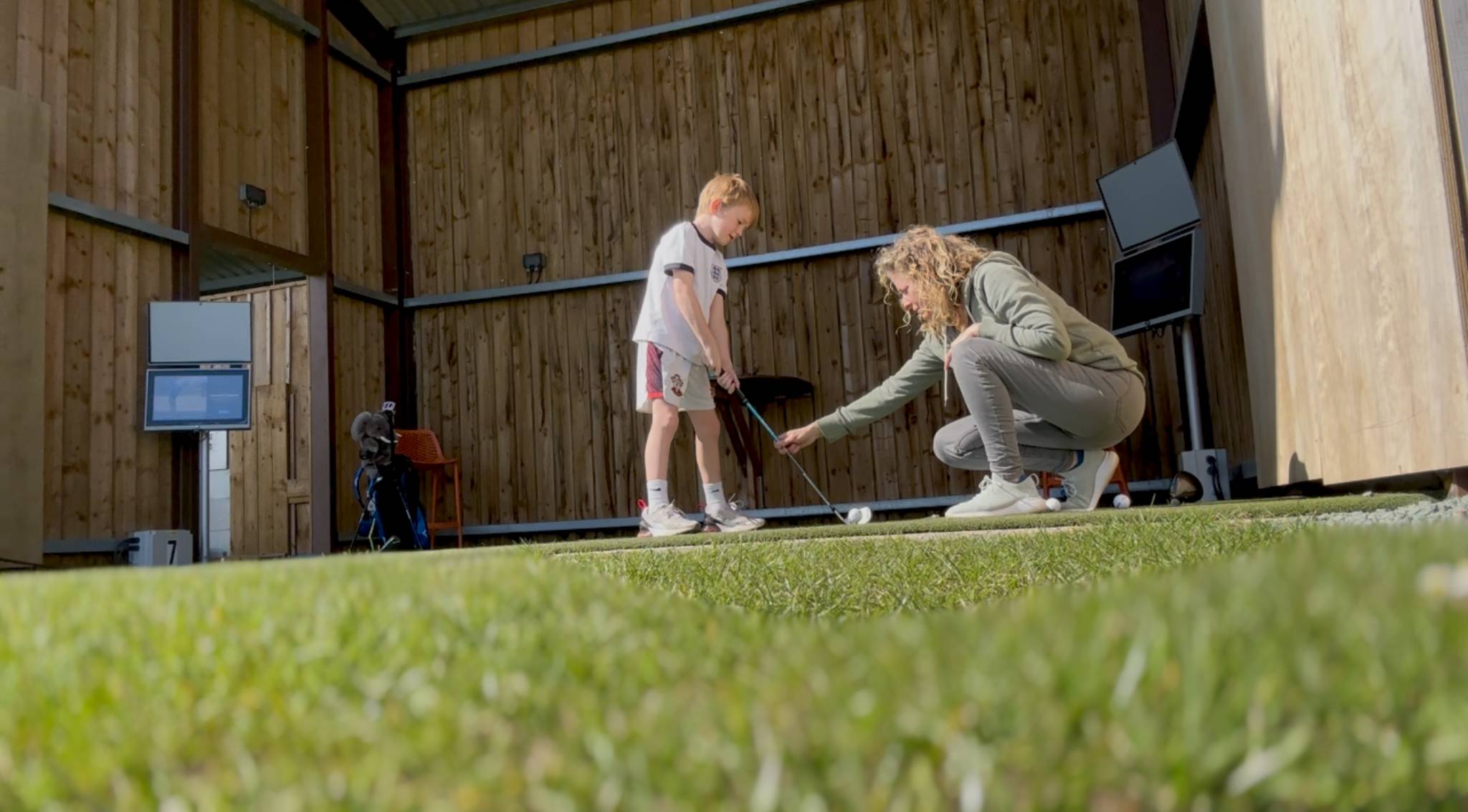 I’m A PGA Golf Coach - Here's Why I Made Sure My Kids Can Play Golf
I’m A PGA Golf Coach - Here's Why I Made Sure My Kids Can Play GolfFrom life lessons to lifelong friendships, Top 50 Coach Katie Dawkins on what golf can give your children
By Katie Dawkins
-
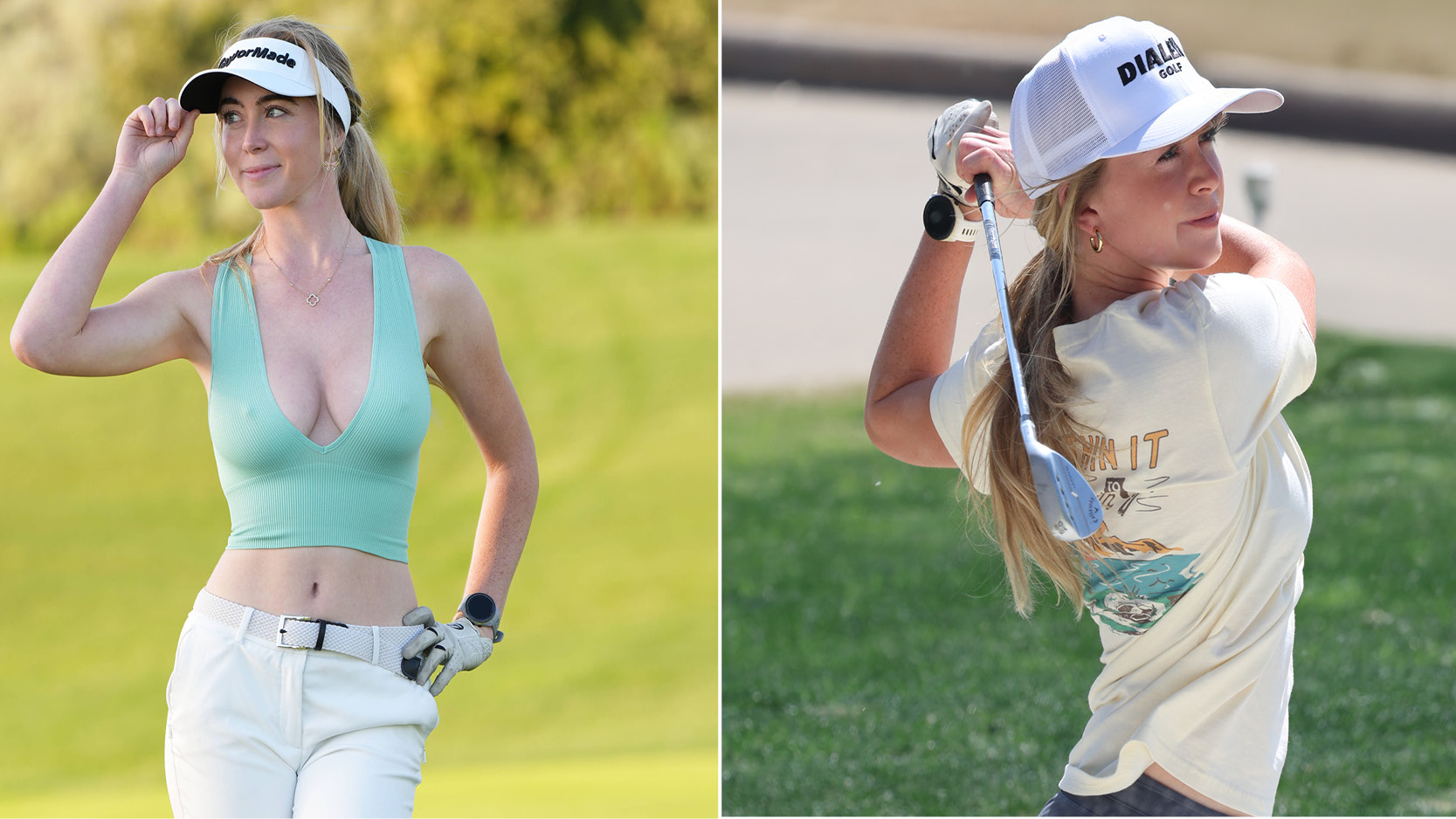 From Body-Baring To Dialed In: Grace Charis Redefines Golf Fashion
From Body-Baring To Dialed In: Grace Charis Redefines Golf FashionInfluential golf content creator Grace Charis launches new apparel brand
By Alison Root
-
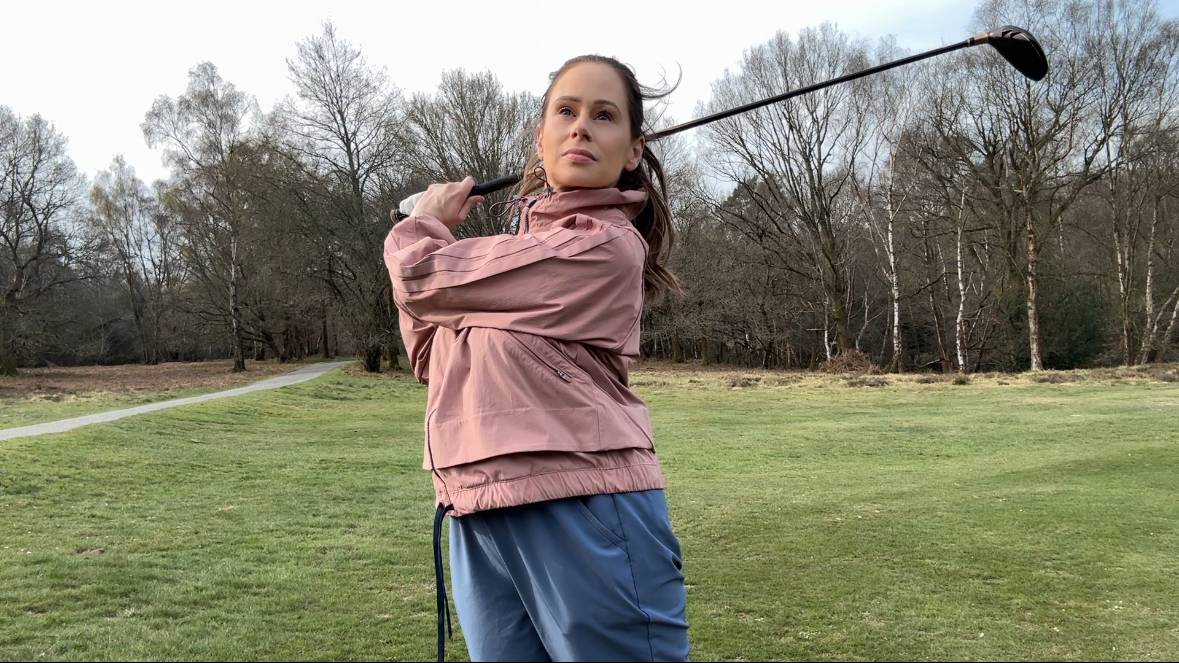 Golf Gave Me Confidence... Then Social Media's Toxic Culture Tried To Take It Away
Golf Gave Me Confidence... Then Social Media's Toxic Culture Tried To Take It AwayA young content creator's journey to own her golf game and her voice
By Katie Clarke
-
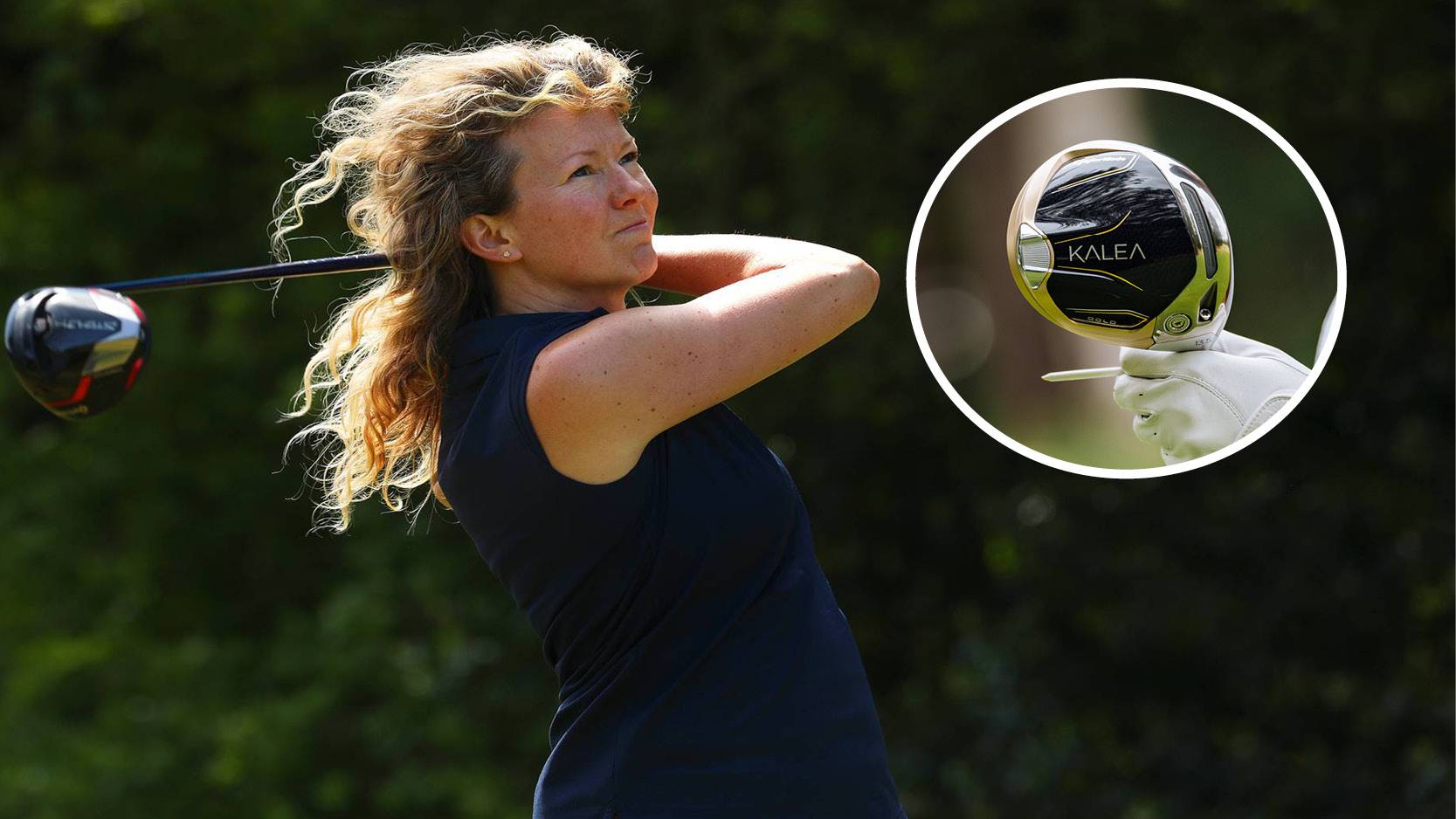 How Far Does The Average Female Club Golfer Hit Their Driver?
How Far Does The Average Female Club Golfer Hit Their Driver?We've looked at the data... Find out if you are hitting your driver an average distance
By Alison Root
-
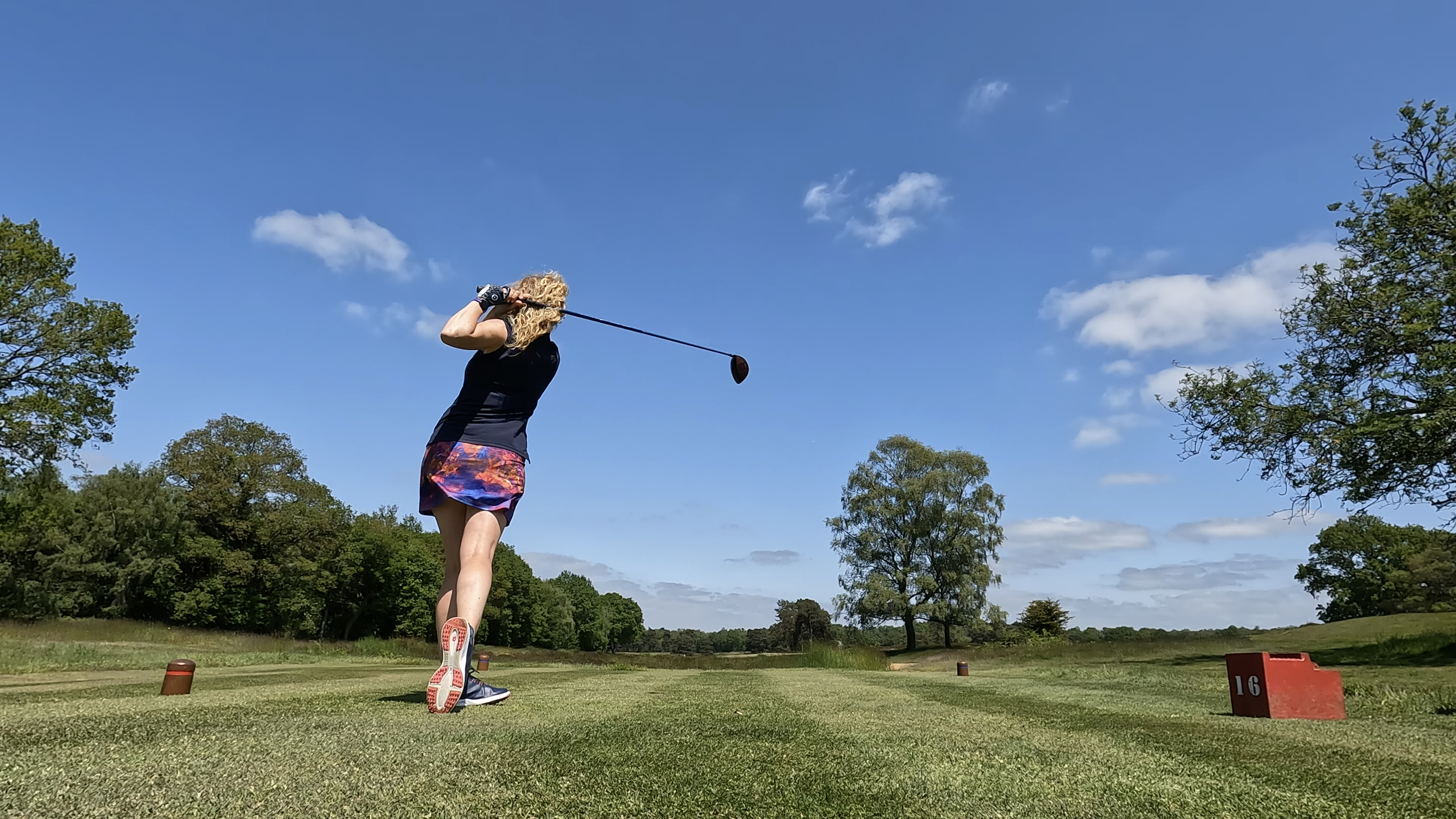 Tee Box Inequality: Why Aren't All Tees Rated For Women?
Tee Box Inequality: Why Aren't All Tees Rated For Women?Long-hitting female golfers are let down by tee ratings
By Katie Dawkins
-
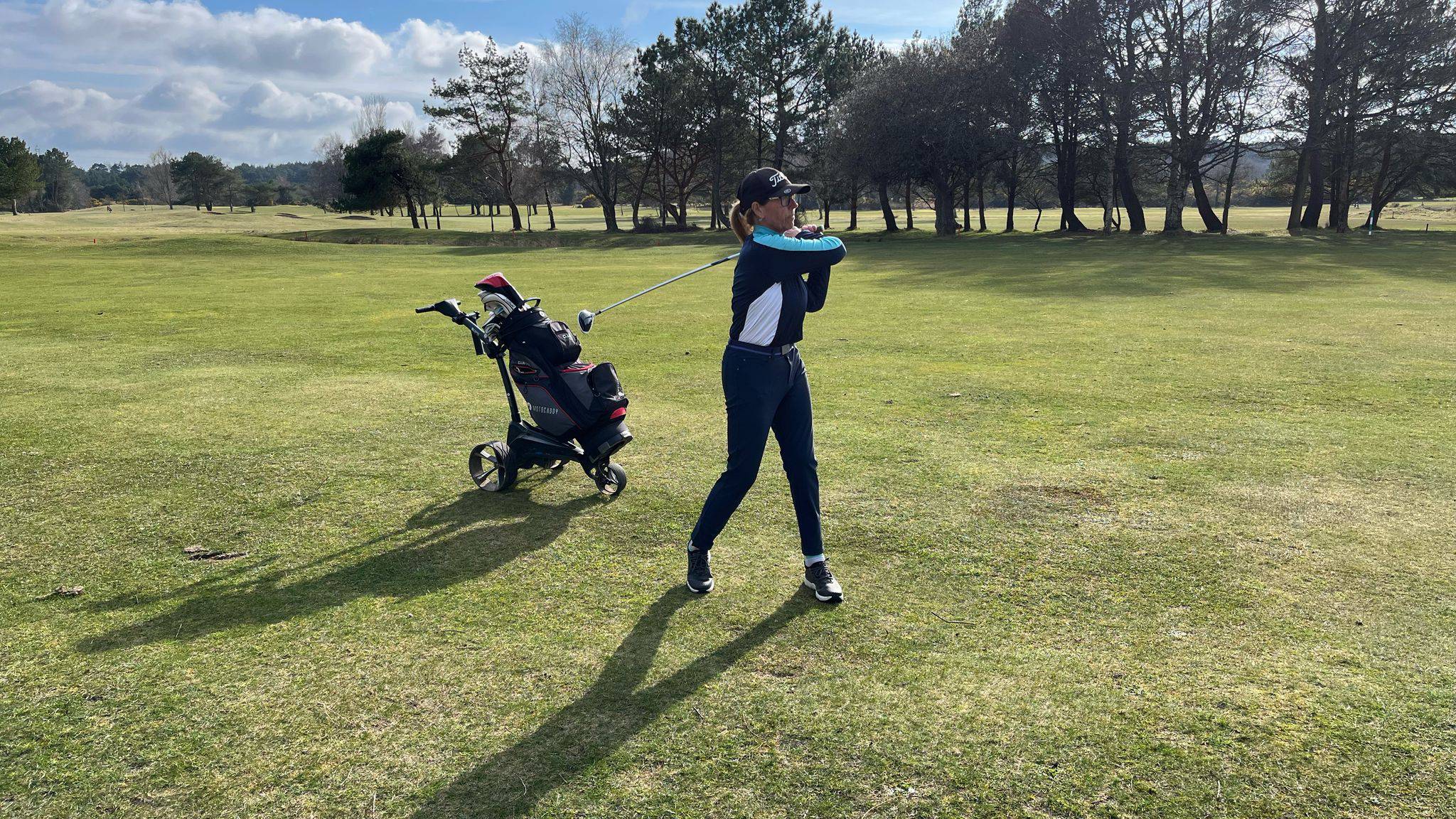 What I Learned From My First Golf Competition: The Unexpected Importance Of Preparation
What I Learned From My First Golf Competition: The Unexpected Importance Of PreparationPlaying in your first golf competition can be a daunting experience. Here are 5 tips to help you prepare for a stress-free round
By Carly Cummins
-
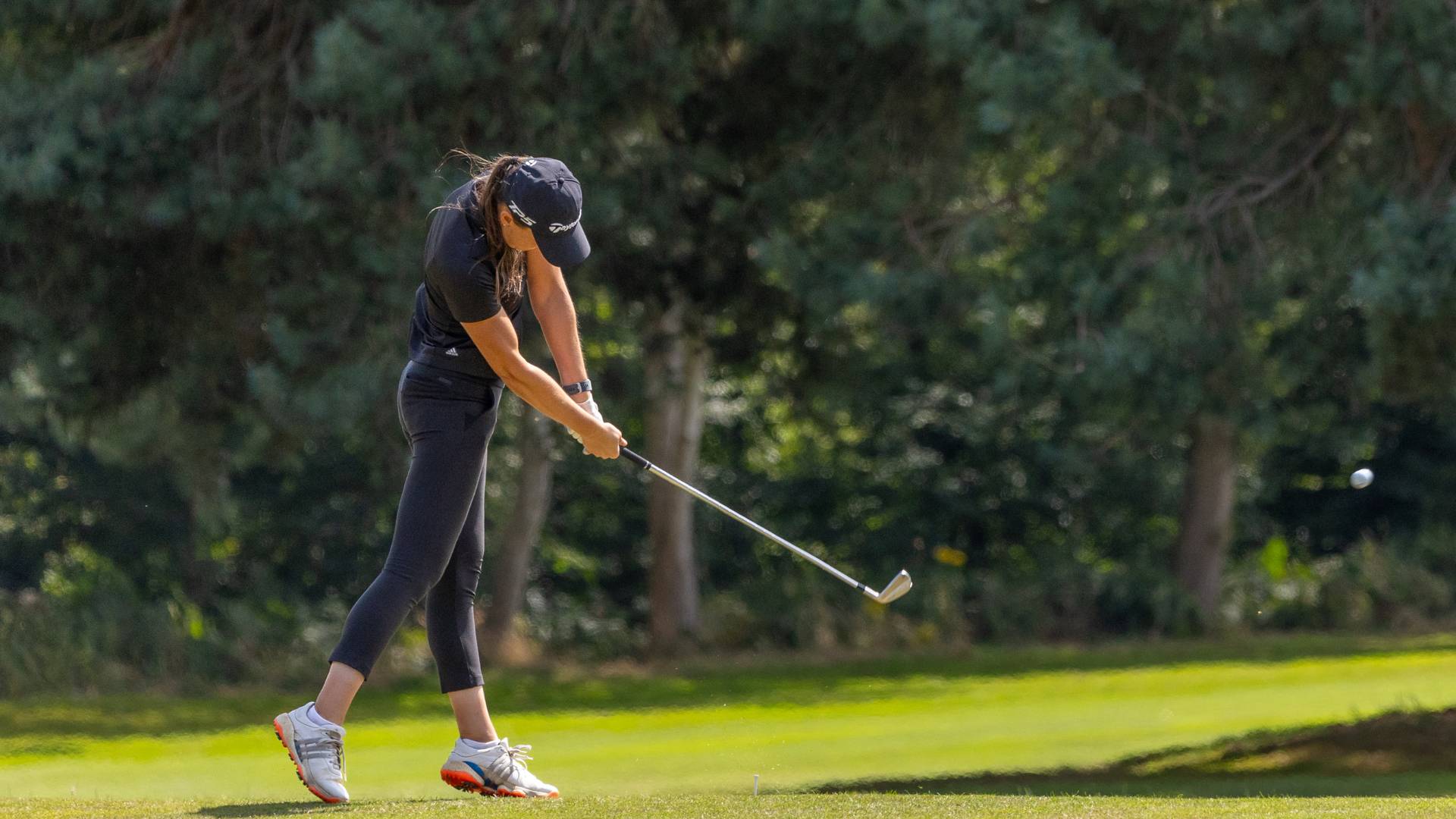 I've Always Struggled To Create That Solid, Compressed Strike... Until I Fixed These 5 Key Moves
I've Always Struggled To Create That Solid, Compressed Strike... Until I Fixed These 5 Key MovesSingle figure golfer Jess Ratcliffe on how she has fixed her swing puzzle to deliver crisp shots
By Jess Ratcliffe
-
 Fix These 7 Common Mistakes And You'll Be On The Path To Lower Scores
Fix These 7 Common Mistakes And You'll Be On The Path To Lower ScoresPGA Professional Emma Booth on how to fix the mistakes all high handicappers make
By Emma Booth